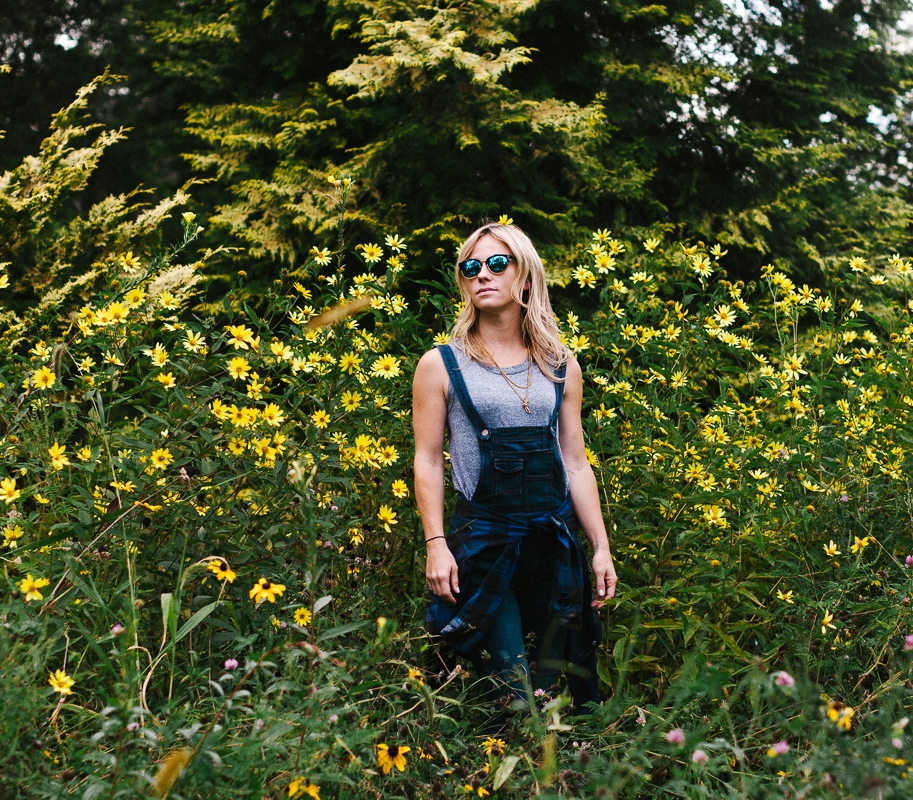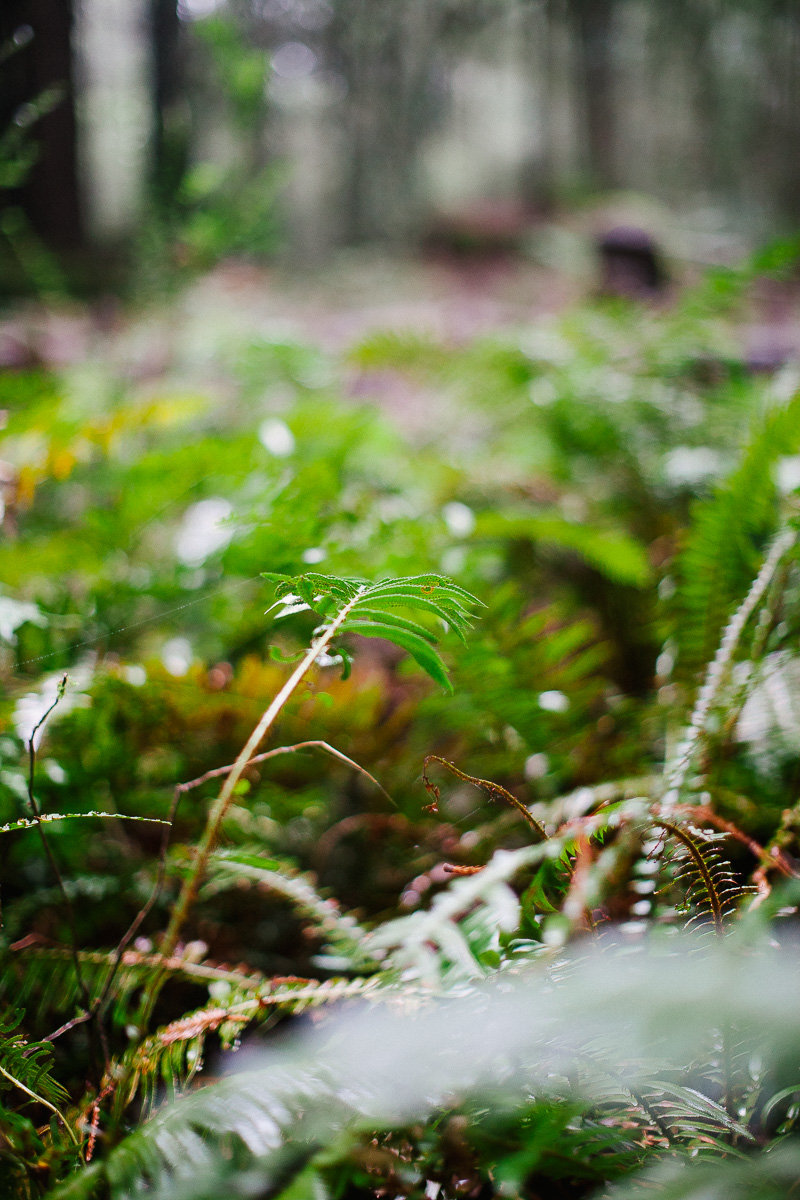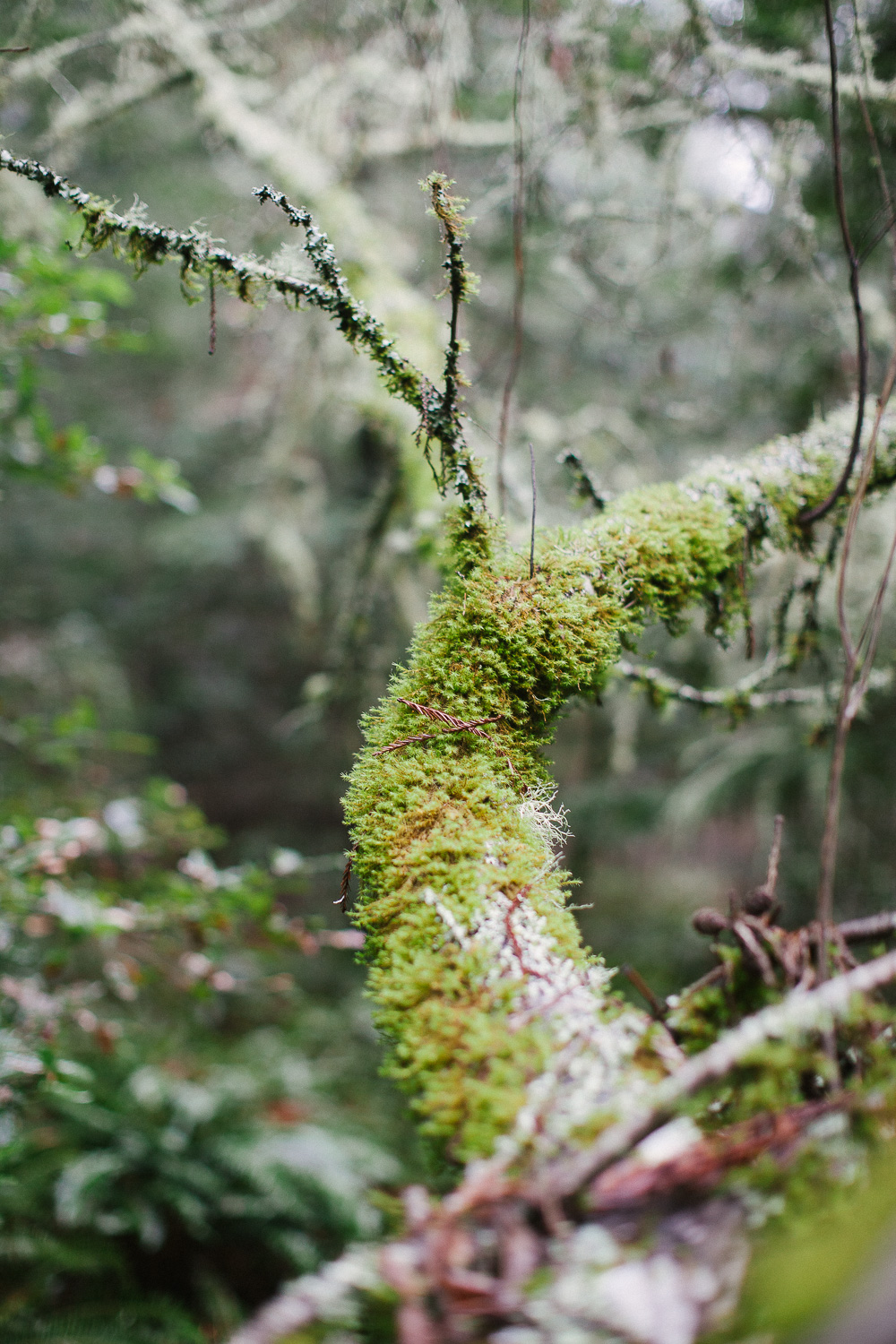Canon 50mm f/1.2 L USM Lens Review: Magic Glass
Meet the biggest and baddest 50mm prime in the Canon family.
The most remarkable thing about this lens isn't the unrivaled aperture or technical image quality. It's the way Canon – whether purposefully or not – has engineered technical competency with an analog feel to create a wholly dreamlike finish. Read on to find out exactly what I mean.
Tech Specs for the Canon 50mm f/1.2 L
Edge to edge sharpness is pristine, though wide open suffers from very slight haze. The autofocus on this lens is quite fast, even with a razor-thin depth of field– although Canon's CMOS sensor-reliant focusing algorithm has it's faire share of critics. The chromatic aberration is notable on high contrast areas. Finally, though the housing feels plastic-y and underwhelming, the weather sealing is flawless: this lens can withstand rain storms, blizzards, and intense fog.
Canon 50mm f/1.2 L Lens Review
Fair warning: we're passionate about this lens, so allow me to wax poetic for a moment.
A branch in the North Bay. Canon 5D Mark II, Canon 50mm f/1.2 L.
The Canon 50mm f/1.2 L is big-league. It's one of those magic technologies that breaks all the rules. It's an uncomfortable truth, but this lens can and will make your photos look better. The level of clarity, subject isolation, bokeh, color rendering, and contrast meet at the rare intersection of technical perfection (like the Fuji 16mm f/1.4) and distinct character (like the Helios 44-4). The resulting photos outperform any other 50mm on the market.
The technical perfection of this lens goes without saying. Browse through this review and you'll see the sharpness, clarity, contrast, and massive color spectrum rendered beautifully.
A garden in upstate New York. Canon 5D Mark II, Canon 50mm f/1.2 L.
But when we talk about distinct character, it's important to dig a little deeper. The lens seem to render textures with a dreamy haze, while the edges of your subject stays tack sharp. Additionally, the subtle and unique chromatic aberration present in some back-lit, high contrast photographs offer a pop off color contrast. You can dial both of these effects back in Lightroom, but they contribute to the analog quality of this lens such an effective tool for story telling and evoking emotion. Finally, the specific quality of the bokeh obliterates any busyness or detail from the out o-f-focus area.
As expected, this level of quality comes with significant drawbacks. The cost is exponentially higher than it's two younger brothers, the Canon 50mm f/1.8 and f/1.4. It's also quite hefty, which can take a toll on your shoulder after a long day of shooting.
But for the photographer committed to artful image quality, there are few better pairs on the market than a Canon full frame DSLR and a Canon 50mm f/1.2 L.
Bokeh on the Canon 50mm f/1.2 L
The bokeh on the Canon 50mm f/1.2 L might just be the biggest selling point. Wide open, this lens – particularly on a full frame camera – has the ability to create a new world.
Here's what's so special about it.
It's not just about the amount of bokeh you can kick up at f/1.2 – after all, the Canon 200m f/2.8 demolishes the 50mm in a bokeh comparison based on physics alone. What's so remarkable is the amount – and quality – of bokeh you can get at such a short focal length.
At 50mm, this lens isn't quite a telephoto, and it isn't quite a wide angle. The 50mm is very roughly equivalent to the field of vision of a human eye, and with such a dreamy shallow aperture, photos shot with this lens are imbued with a particular balance of context and surreal bokeh that can create magical images out of the most mundane details.
The Perfect Full-Frame Walkaround Lens?
Some photographers prefer wide angles. Some photographers prefer telephotos. The Canon 50mm f/1.2 L sits somewhere in between, on the longer side of the spectrum.
If you tend to photograph details – faces, close-ups, textures – more than environmental scenes, the 50mm will likely stayed glued to your Canon.
The focal length distortion is minimal enough for head shots and portraits. In a pinch, it's just wide enough for event photos.
A house party in San Francisco. Canon 5D Mark II, Canon 50mm f/1.2 L.
A rave in Brooklyn. Canon 5D Mark II, Canon 50mm f/1.2 L.
A more general purpose lens to consider, especially on a crop sensor camera, is the Canon 35mm f/1.4. It has comparably outstanding optics, but significantly more distortion (and less bokeh).
The Canon 50mm f/1.2 L as a Portrait Lens
There are many different kinds of portraits suited to many different kinds of focal length. Environmental or street portraits demand a wide angle lens to gobble up context in your composition. 3/4 or fashion portraits thrive in the mid-range to balance distortion and balance. Head shots for school or work typically require a telephoto lens to minimize distortion and maximize subject isolation.
The Canon 50mm f/1.2 L on a full frame sensor is middle-of-the-road in terms of focal length, and can technically pull off all of the above described styles.
However, if you're looking to make a career our of head shot style portraits, a 50mm shouldn't be your go-to. In the modern age, distortion correction algorithms are baked in to Lightroom and fixable with a single click, but the background compression, subject isolation, and bokeh is easier found in lenses like the Canon 200mm f/2.8.
A girl in Santa Fe. Canon 5D Mark II, Canon 50mm f/1.2 L.
When it comes to portraits, think of the Canon 50mm f/1.2 L as a jack-of-all-trades, master of one: the 3/4/fashion shot. The detail, clarity, and bokeh is perfectly suited for dreamy portraits. Stop down to f/4, and the lens will render skin texture, iris detail, and fabric with lifelike precision.
Alternatives to the Canon 50mm f/1.2 L
Not every photographer is at a place in their career or technical abilities where they need the unquestionable superiority of the Canon 50mm f/1.2 L – and there's nothing wrong with that.
If you've never shot with a 50mm before, try your hand with the baby brother of the 1.2, the Canon 50mm f/1.8. At only $125 dollars, it's a good way to get your feet wet with the focal length before making a huge investment.
If you're you've outgrown the Canon f/1.8, but the 50mm f/1.2 L is still too expensive to justify, look to Sigma (and trust me – Sigma knows image quality).
In terms of pure sharpness, the Sigma ART 50mm f/1.4 slightly outpaces the Canon f/1.2, and the bokeh, while busier, is similar. It's a bit heftier and slower, but at 2/3rds the price of the Canon f/1.2 L, it's the next best investment you can make.
A parrot in New York. Canon 5D Mark II, Canon 50mm f/1.2 L.
Final Thoughts: Should You Buy the Canon 50mm f/1.2 L?
This lens isn't for everybody. The price tag alone makes that clear.
For a newer photographer, I can't recommend this lens: it's simply overkill. Learn the ins, outs, and limitations of your current gear before picking up this beast – your wallet will thank you. As cheesy as it sounds, when you're ready to pick up this lens, you'll know.
But if you feel like your photographic skills are being limited by the gear you have – that you've developed your abilities in composition and lighting well enough that the best way to improve your work is by investing in better image quality – then this lens will be a game changer for you.
Enjoy.
















